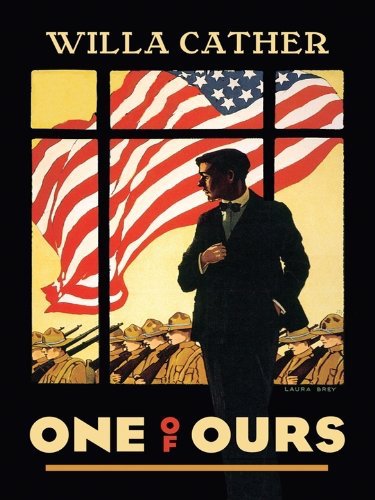I’ve always loved being a bit random with my reading — trying to discover new authors I would not normally have seen if not for my scattershot approach. I think I’ve mentioned before that this is why my Pulitzer run has been so rewarding. I’m limited to these nearly hundred novels spanning the period of just over a century (there have been 11 years in which the prize was not awarded; and this year, for the first time, it was given to two authors). It’s actually fun picking what comes next, and I’m usually already thinking of something as the book I’m reading nears its end.
This time, it was a bit different. I’ve been so busy, yet still reading Kingsolver’s Demon Copperhead, that I wasn’t thinking beyond it. And besides, it was really winding up well. So, while I finished yesterday, I didn’t pull up the list of Pulitzers until this morning. And since I started from the beginning in 1918, it wasn’t long before a few authors caught my eye.
First, it was Arrowsmith, by Sinclair Lewis. 1926. I know Lewis, but haven’t read him yet. A little further down the list I see The Bridge of San Luis Rey, by Thornton Wilder. 1928. Another I’d heard of. He actually won three Pulitzers — two for plays he wrote. I’m thinking this one (Bridge) shows some promise, and it’ll be up next. I’m about to go looking for it when an idea struck me. I’m scrolling through the 1920s having just finished a Pulitzer winner for 2023. How about I go back a few years and see who won in 1923?
Now, I’m going to write a separate review of Demon Copperhead here very soon (in the past — except for The Orphan Master’s Son — I’ve just written a paragraph or two while introducing the next one up). But one of the things that struck me about the book that I can tell you now was its vivid portrayal of Appalachian poverty and drug use written through the eyes of a teenage boy in the mountains of Virginia…by a 67-year-old woman who couldn’t have known what it was like to be in that position (spoiler alert: Kingsolver pulls it off brilliantly).

In 1923, the Pulitzer for the Novel (as it was called at that time) was awarded to another woman writing about something of which, at the time, many claimed she couldn’t know — World War I. Willa Cather’s book, One of Ours stirred some controversy, and met with the critical reviews of men (to include Ernest Hemingway, who wrote something of the aftermath of the war in The Sun Also Rises) who didn’t believe she had a place writing of the war. We know better, but whether the book is any good, I have yet to discover. I just know, having finished Kingsolver’s book, that being in a position to know first-hand a particular subject is not a disqualifying factor in actually being able to capture its essence.
So here I am, off on another adventure — this one over 100 years old — about a Nebraska farmer as told by a 48-year-old woman living in New York City. Promises to be interesting, for sure…

For whatever reason, this post has made me want to delve back into lit. I’ve recently allowed audio books to distract me. I loved getting lost for hours in a great read.
My work is done here…
But seriously, this run of Pulitzers (I’m on my 16th straight right now) has been incredibly rewarding. It gives me so much variety, and all of it is pretty much guaranteed to be great writing.